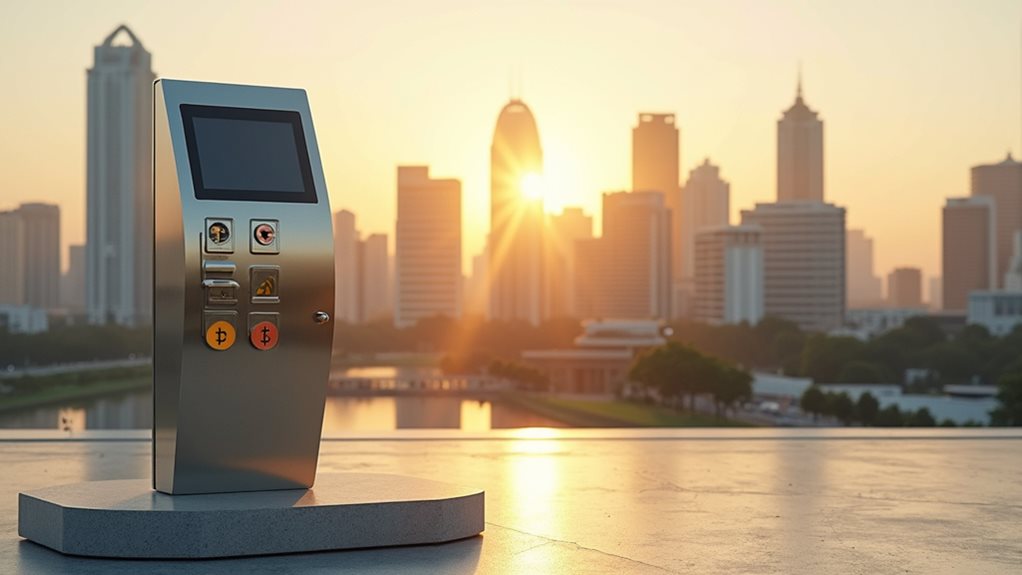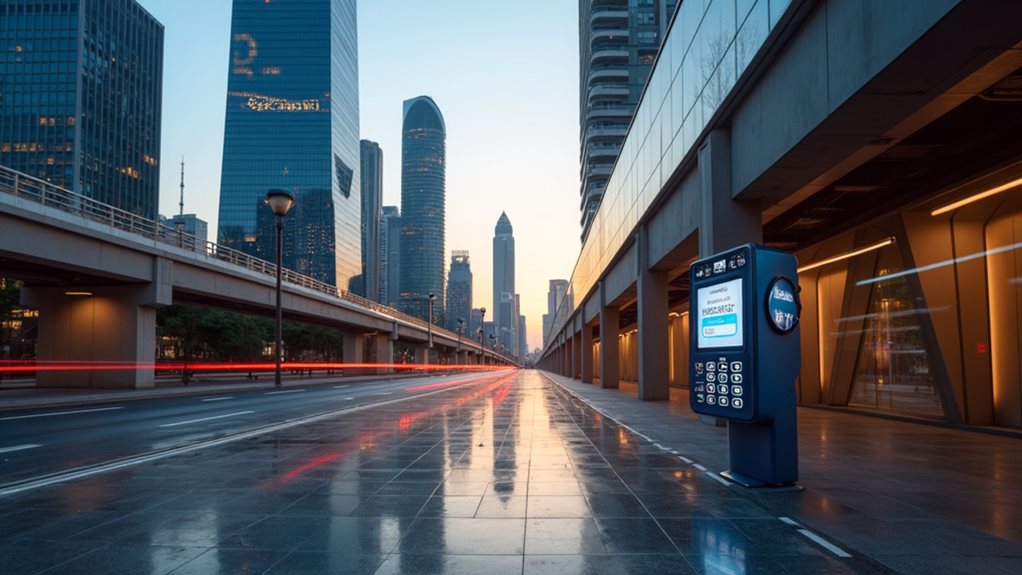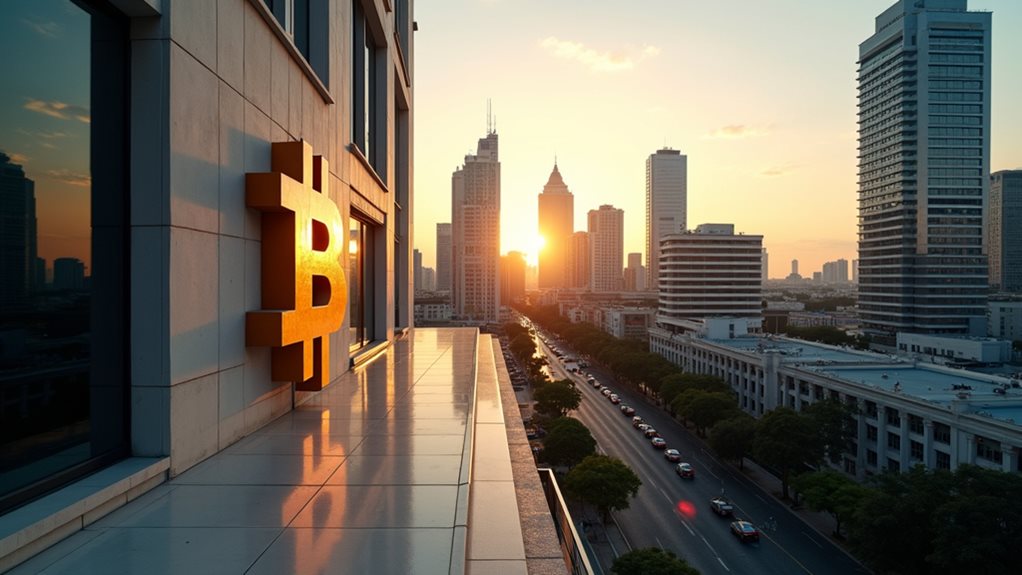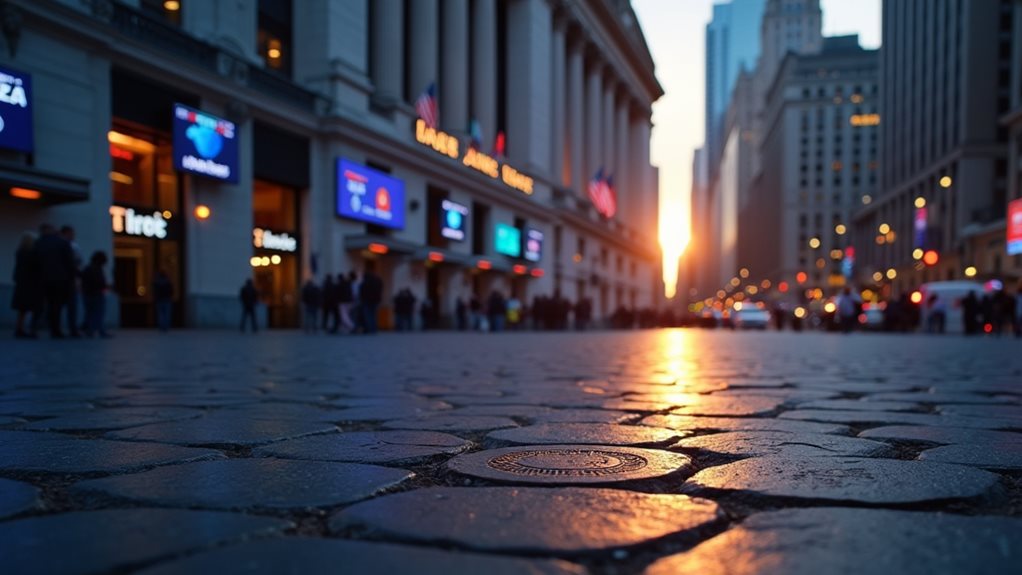Panama City just made waves, becoming the first public spot in Panama to accept Bitcoin, Ethereum, and stablecoins like USDC for taxes, parking tickets, and permits—as of April 2025, crypto’s legit! Mayor Mizrachi sidestepped national red tape, partnering with a local bank to flip crypto into dollars instantly. No Bitcoin hoarding here, just cold hard cash for the city. Honestly, it’s a gutsy move amid national vetoes. Stick around for the full scoop.

While the world debates whether crypto is the future or just a flashy fad, Panama City is diving headfirst into the digital deep end. On April 15 or 16, 2025, Mayor Mayer Mizrachi dropped a bombshell: the city council voted to accept cryptocurrencies for municipal payments. Yeah, you heard that right. Taxes, parking tickets, permits, fees—pay ’em with Bitcoin, Ethereum, or even stablecoins like USDC and USDT. Panama City just became the first public institution in the country to say, “Sure, why not?” to crypto. Bold? Reckless? You decide.
Now, let’s get real about how this even works. No national legislation needed—take that, red tape! Instead, they’ve teamed up with a local bank to handle the magic. Crypto goes in, gets swapped to US dollars instantly, and boom, the city gets its cash the old-fashioned way. Legal? Check. Compliant? Apparently. It’s a sneaky little workaround, ensuring a “free flow of crypto” in the local economy.
Panama City skips the red tape, partnering with a local bank to convert crypto to dollars instantly. Legal, compliant, and cleverly done!
Meanwhile, the municipality isn’t holding Bitcoin in some dusty vault, hoping for a moonshot. Smart, or just playing it safe? Eh, probably both.
Compare this to Panama’s national flop with Bill 697 back in 2022. The National Assembly tried to go big, aiming to let crypto cover taxes and contracts countrywide. President Cortizo hit the brakes with a partial veto, whining about anti-money laundering rules and transparency.
Then, in 2023, the Supreme Court slammed the gavel, calling the whole thing unconstitutional over procedural nonsense. Ouch. Panama City, though, isn’t waiting for the bigwigs to sort their mess. They’re forging ahead, modernizing public finance, chasing investment, and—let’s be honest—probably hoping to look cool.
Globally, they’re not alone in this crypto gamble. Colorado, Lugano, Mendoza—they’re all dipping toes in the digital pool. El Salvador went full crazy, making Bitcoin legal tender.
Panama City’s just joining the party, offering decentralized payment options to residents. Will it attract tech bros and blockchain fanatics? Maybe. Will it crash and burn? Who knows. For now, payment rails are being built, and the city’s betting on a future that’s anything but boring. With hardware wallets becoming the recommended standard for secure crypto storage, the city’s move aligns with growing institutional confidence in digital assets.









